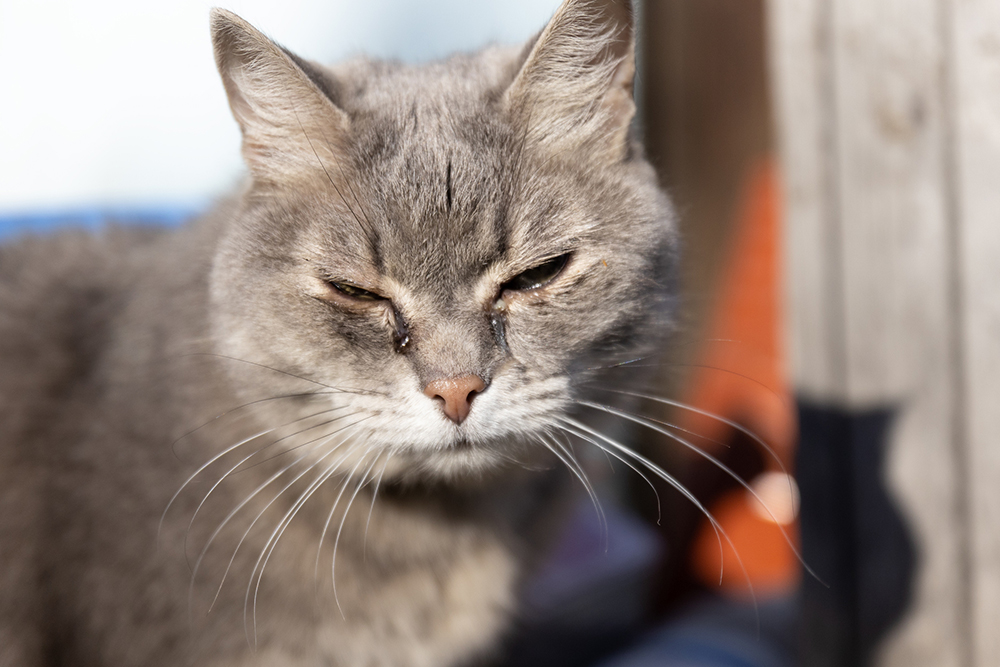Cat Eye Infections: Causes and Symptoms
Cats are notoriously independent and resilient creatures, but even they are susceptible to health issues, including eye infections. Understanding the causes and symptoms of cat eye infections can ensure you know when it’s time to seek professional veterinary help for your feline friend. At Park Veterinary Hospital in Fort Lauderdale, FL, our expert team is here to provide comprehensive care for your cat.
What are Cat Eye Infections?
Cat eye infections are common health problems that can affect cats of all ages and breeds. These infections occur when harmful microorganisms, such as bacteria, viruses, or fungi, invade the eye. They can also result from an injury or allergy. If left untreated, these infections can lead to severe complications, including vision loss.
Main Causes of Cat Eye Infections
There are many potential causes of cat eye infections, some of the most common being:
Bacterial Infections
Just like in humans, bacteria are a common cause of eye infections in cats. Staphylococcus and Streptococcus are among the most common types of bacteria responsible for these infections.
Viral Infections
Cats can also develop eye infections due to viruses, the most prevalent being the Feline Herpesvirus.
Allergic Reactions
Sometimes, eye infections can result from an allergic reaction. If a cat is allergic to a particular substance, exposure to that substance can trigger an immune response that leads to infection.
Fungal Infections
Fungal infections are less common but can occur, especially in immunocompromised cats.
Injury or Trauma
Physical trauma to the eye can lead to an infection, especially if the wound is not promptly or appropriately treated.
Recognizing the Symptoms of a Cat Eye Infection
Recognizing the signs of an eye infection in your cat is crucial for seeking timely veterinary care. Symptoms to watch for include:
- Redness or swelling
- Watery or thick discharge
- Squinting or blinking excessively
- Visible discomfort or sensitivity to light
- Pawing at the eye
- Changes in eye color
Treating Cat Eye Infections at Park Veterinary Hospital
If you notice any signs of an eye infection in your cat, it’s important to contact Park Veterinary Hospital at (954) 561-8387 right away or visit our website at https://parkvet.net/ to schedule an appointment. Our experienced team of veterinarians will perform a comprehensive examination to determine the cause of the infection and propose the most effective treatment, which might include antibiotics, antifungal medication, or in some cases, surgery.
Preventing Future Cat Eye Infections
Prevention is often the best cure. Regularly cleaning your cat’s eyes with a clean, soft cloth can help prevent the buildup of bacteria. Be sure to monitor any changes in your cat’s eyes, and always maintain regular veterinary check-ups.
Remember, at Park Veterinary Hospital, we’re here to provide the best care for your feline companion. Call us today or visit our website to make an appointment or for more information.
Cat eye infections can be stressful for both you and your feline friend, but with a little knowledge and swift action, they are often easily treatable. By understanding the causes and symptoms, you can ensure your cat gets the care they need and deserves. Trust Park Veterinary Hospital for all your cat’s eye health needs.






